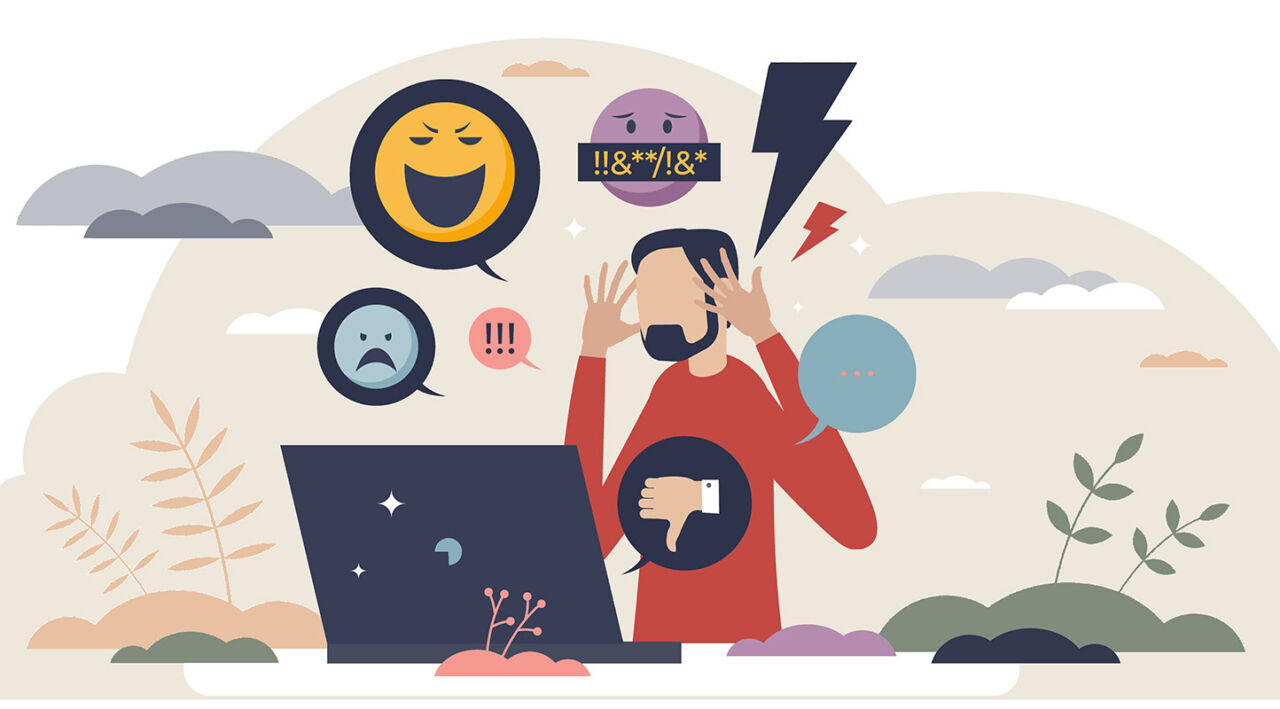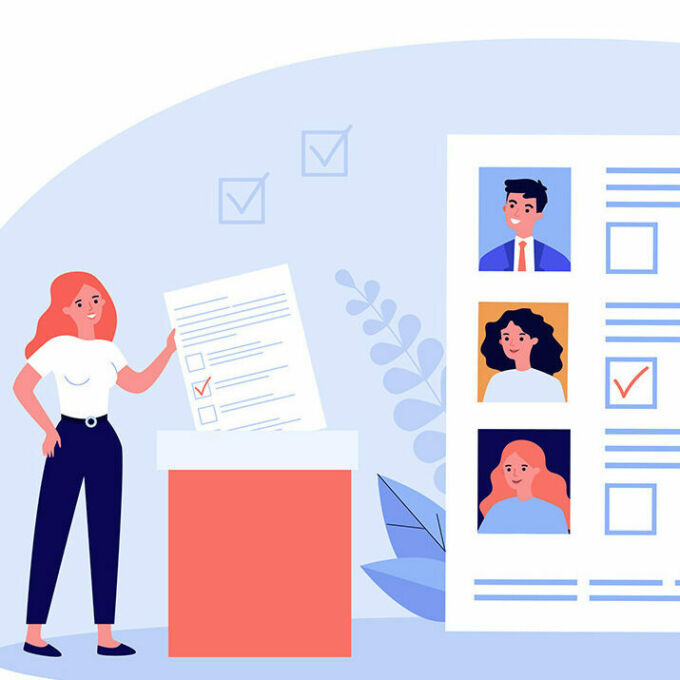
What is trolling?
The term "trolling," as we know it in today's media context, comes from the fishing terms of trolling and/or trawling. In fishing, trolling means to bait a hook and drag it slowly through the water, enticing fish to take the bait. Online trolling is similar to the fishing context because individuals (referred to as "trolls") bait members of the online community with inflammatory, divisive, and distracting behaviors. While a fisher's aim is to catch fish, the internet troll's goal is to provoke other online users into emotional and often negative responses, like anger, outrage, and offense.
Digital disrupters like trolls utilize an arsenal of tactics to manipulate other internet users. According to Dr. Donovan, while trolling began as more of a “prankster” type practice, it has become increasingly sinister—so much so that academics and other digital rights activists have shifted from the term "trolling" to "network harassment."
Why do people troll?
Dr. Donovan shared three primary motivations for trolling:
Politics
Trolling can be used to stoke and win arguments, draw attention, and even influence media coverage
Profit
Trolls can draw considerable attention that then can be monetized.
Fun
Sometimes, the goal is simply something to do. They might view it as a game to target people to the point they shut down their accounts or try to trick journalists into perpetuating disinformation.
For more on the serious implications trolling can have, check out our interview with Anand Giridharadas in Episode 107: Overcoming Pride and Prejudice Through Persuasion.
How do trolls affect news?
Social media tends to reward outrage and novelty. Trolls are experts at creating outrage and triggering conspiracy theories that go viral. Once someone high profile like a big CEO spreads the troll's rumor, perhaps hoping to provoke reactions and generate publicity, it becomes a piece of public interest. Then, journalists devote time and energy to covering it. While journalists may be debunking the troll-generated disinformation and trying to tamper the furor, the issue is still getting press coverage. Internet algorithms reward engagement, whether negative or positive, so the disinformation proliferates despite the journalists' attempts to reveal the story's truth. Additionally, while the news media is addressing the fabricated story, the public's attention is diverted from more critical news to these provocative and sensational claims. In short, trolls divert the attention of journalists and news consumers like ourselves away from more important news by distracting us with ludicrous rumors and conspiracy theories.

News is a legitimating function of many assertions. So, attention from journalists is something that many of these trolls are seeking. This is why we see a lot of trolls showing up in the replies from journalists trying to get attention, linking journalists to specific stories, or trying to get journalists to add some particular narrative to their beat.
Dr. Joan Donovan, Research Director of the Harvard Kennedy School’s Shorenstein Center on Media, Politics and Public Policy
Beyond trolling
Trolling is only one type of disruptive online behavior. The Media Manipulation Casebook, a digital research platform linking together theory, methods, and practice for mapping media manipulation and disinformation campaigns, provides definitions that might be helpful:
What can I do?
Do not engage with trolls
- They are trying to elicit a response from you; don't give them what they want.
Keep in mind
- There are multiple media ecosystems and each have their own agenda.
- People engage in trolling for a number of different reasons including politics, profit, and fun.
- Trolling is only one of many types of disruptive and potentially harmful online behaviors.
Listen & Subscribe
Listen to Episode 106: Trolling the News in an Attention Economy and subscribe to our News Over Noise podcast to continue learning how to balance staying informed while protecting your well-being and the public good.



